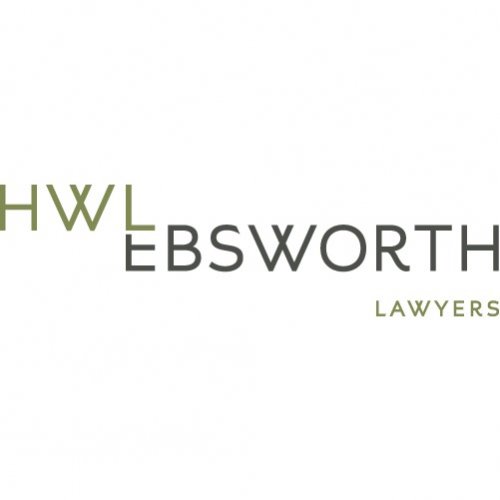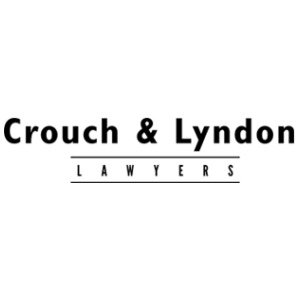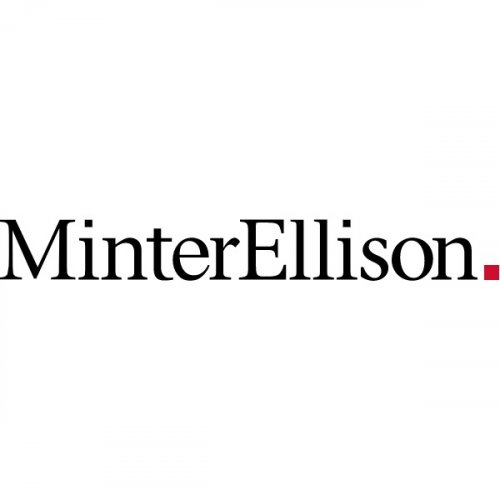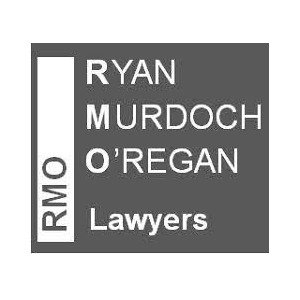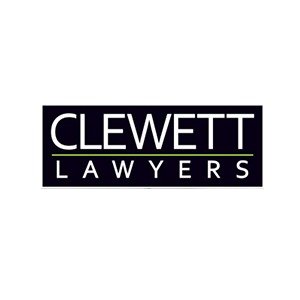Best Conveyancing Lawyers in Brisbane
Share your needs with us, get contacted by law firms.
Free. Takes 2 min.
Free Guide to Hiring a Real Estate Lawyer
List of the best lawyers in Brisbane, Australia
About Conveyancing Law in Brisbane, Australia
Conveyancing is the legal process involved in transferring ownership of property from one person to another. In Brisbane, Australia, conveyancing typically relates to the buying and selling of residential and commercial properties. This process encompasses a range of legal and administrative tasks, including preparing legal documents, conducting property searches, liaising with financial institutions, and finalising settlement. Conveyancing law is governed by both Queensland's state legislation and local Brisbane City Council regulations to ensure every property transaction is legitimate, transparent, and compliant with legal requirements.
Why You May Need a Lawyer
While it is possible to complete some conveyancing tasks yourself, it is highly recommended to seek the assistance of a lawyer or licensed conveyancer to minimise the risks involved. Common situations where you may require legal help in conveyancing include:
- Purchasing or selling a home or investment property
- Transferring property ownership due to separation, divorce, or inheritance
- Dealing with complex property titles, such as strata titles or units
- Managing disputes over land boundaries or easements
- Ensuring compliance with state and local regulatory requirements
- Reviewing and negotiating contract terms to protect your interests
- Managing the settlement process with financial institutions
- Conducting due diligence, such as checking for caveats, encumbrances, or flooding
Engaging a legal professional can help identify potential issues early, protect you from unforeseen liabilities, and provide peace of mind throughout the transaction.
Local Laws Overview
The conveyancing process in Brisbane is primarily governed by state legislation, including the Property Law Act 1974 (Qld), the Land Title Act 1994 (Qld), and the Body Corporate and Community Management Act 1997 (Qld) for strata properties. Brisbane also falls under specific local planning and zoning regulations dictated by the Brisbane City Council.
Key aspects of local laws to consider include:
- Mandatory disclosure requirements for sellers, such as providing a property title search and disclosing any known issues affecting the property
- The standard use of the REIQ Contract for Sale, which outlines conditions including finance, building, and pest inspection clauses
- The Queensland state government's settlement process, which requires transfer documents and notification of land title changes
- Stamp duty obligations for buyers, calculated based on property value and eligibility for concessions
- Special rules applying to off-the-plan or strata-title properties
- Compliance with local zoning and use restrictions managed by the Brisbane City Council
Being aware of these laws is essential to a smooth and legally compliant property transaction in Brisbane.
Frequently Asked Questions
What is conveyancing and why is it important?
Conveyancing is the legal process of transferring property ownership. It is important because it ensures that the transfer is legally valid, protects your rights, and confirms that the property is free of liabilities or issues before finalising the purchase or sale.
Can I do conveyancing myself in Brisbane?
Yes, individuals can handle their own conveyancing, but it is risky without legal knowledge. Even small errors can lead to significant financial or legal problems. Most people hire qualified lawyers or licensed conveyancers to avoid these risks.
What are common conveyancing searches in Brisbane?
Common searches include title searches, council zoning and planning searches, flood and environmental searches, rates and water meter readings, and body corporate records for units or apartments.
How long does the conveyancing process usually take?
Typically, residential conveyancing in Brisbane takes between 30 and 60 days from contract to settlement, depending on the terms agreed upon by both parties.
What costs are involved in conveyancing?
The main costs include professional legal or conveyancer fees, search fees, registration costs, government charges such as stamp duty, and applicable taxes. Always ask for a clear breakdown before proceeding.
What is the role of a conveyancer or lawyer?
A conveyancer or lawyer manages legal documentation, conducts searches, negotiates contract terms, communicates with other parties, advises on legal risks, and ensures a smooth settlement and title transfer.
What is involved in a property settlement?
Settlement involves final checks, payment of sale price balance, adjusting council rates and utilities, handing over legal documents for registration, and transferring possession to the buyer.
How do I know if there are any encumbrances on a property?
Your conveyancer or lawyer will arrange a title search, which reveals any mortgages, caveats, or other encumbrances or restrictions registered against the property.
Do Queensland laws require cooling-off periods?
Yes, most residential property contracts in Queensland include a five business day cooling-off period for buyers, giving them the right to withdraw from the purchase with a small penalty.
What risks can be reduced by hiring a conveyancer or lawyer?
A legal professional helps avoid issues like incomplete documentation, undisclosed encumbrances, missed key dates, misunderstandings about contract terms, and exposure to unexpected costs or legal disputes after settlement.
Additional Resources
If you need further information about conveyancing in Brisbane, consider the following resources:
- Queensland Law Society - Offers guidance on finding qualified conveyancing solicitors
- Department of Justice and Attorney-General (Queensland) - Provides information on property laws and consumer rights
- Brisbane City Council - Details local planning, zoning, and property requirements
- Office of State Revenue (Queensland) - Comprehensive information about stamp duty and related taxes
- Real Estate Institute of Queensland (REIQ) - Information on standard contract forms and property transaction best practices
Next Steps
If you are planning to buy, sell, or transfer property in Brisbane, here is how you can proceed:
- Gather all relevant documents about the property, including contracts, titles, and correspondence
- List your priorities and any concerns (for example, settlement timeframes, finances, or property condition)
- Contact a qualified conveyancing lawyer or licensed conveyancer for an initial consultation
- Ask for a clear explanation of costs, processes, and what is included in their service
- Follow your legal advisor’s guidance for searches, documentation, and timelines
- Stay in regular contact with your conveyancer to monitor the progress and address any issues promptly
- On completion, ensure you receive a final settlement statement and a copy of the updated property title
Getting professional help early in the process can save you time, reduce stress, and protect your interests in what is likely to be one of your most significant financial decisions.
Lawzana helps you find the best lawyers and law firms in Brisbane through a curated and pre-screened list of qualified legal professionals. Our platform offers rankings and detailed profiles of attorneys and law firms, allowing you to compare based on practice areas, including Conveyancing, experience, and client feedback.
Each profile includes a description of the firm's areas of practice, client reviews, team members and partners, year of establishment, spoken languages, office locations, contact information, social media presence, and any published articles or resources. Most firms on our platform speak English and are experienced in both local and international legal matters.
Get a quote from top-rated law firms in Brisbane, Australia — quickly, securely, and without unnecessary hassle.
Disclaimer:
The information provided on this page is for general informational purposes only and does not constitute legal advice. While we strive to ensure the accuracy and relevance of the content, legal information may change over time, and interpretations of the law can vary. You should always consult with a qualified legal professional for advice specific to your situation.
We disclaim all liability for actions taken or not taken based on the content of this page. If you believe any information is incorrect or outdated, please contact us, and we will review and update it where appropriate.



